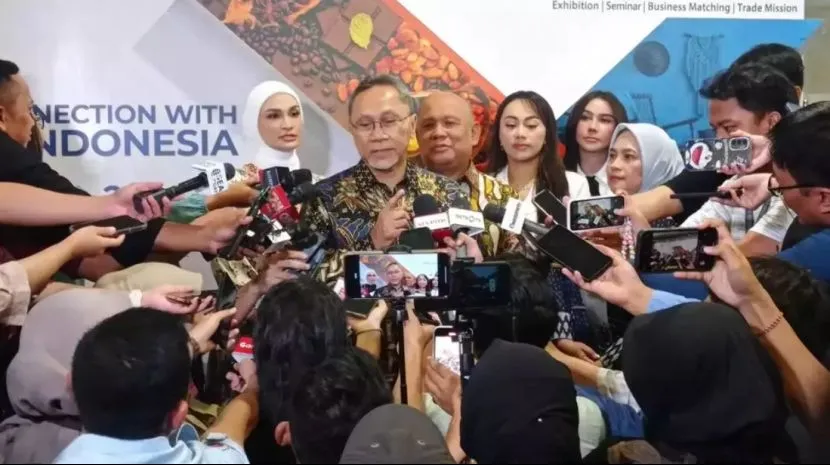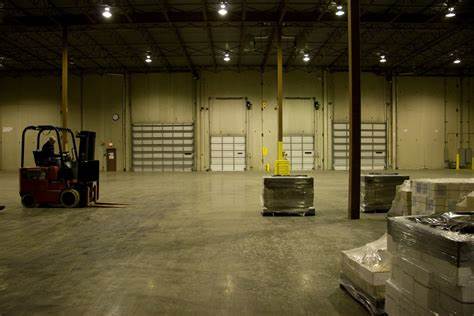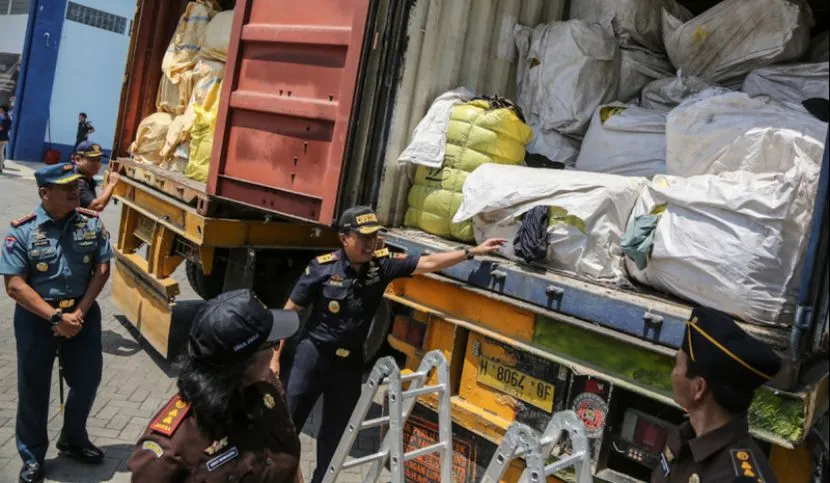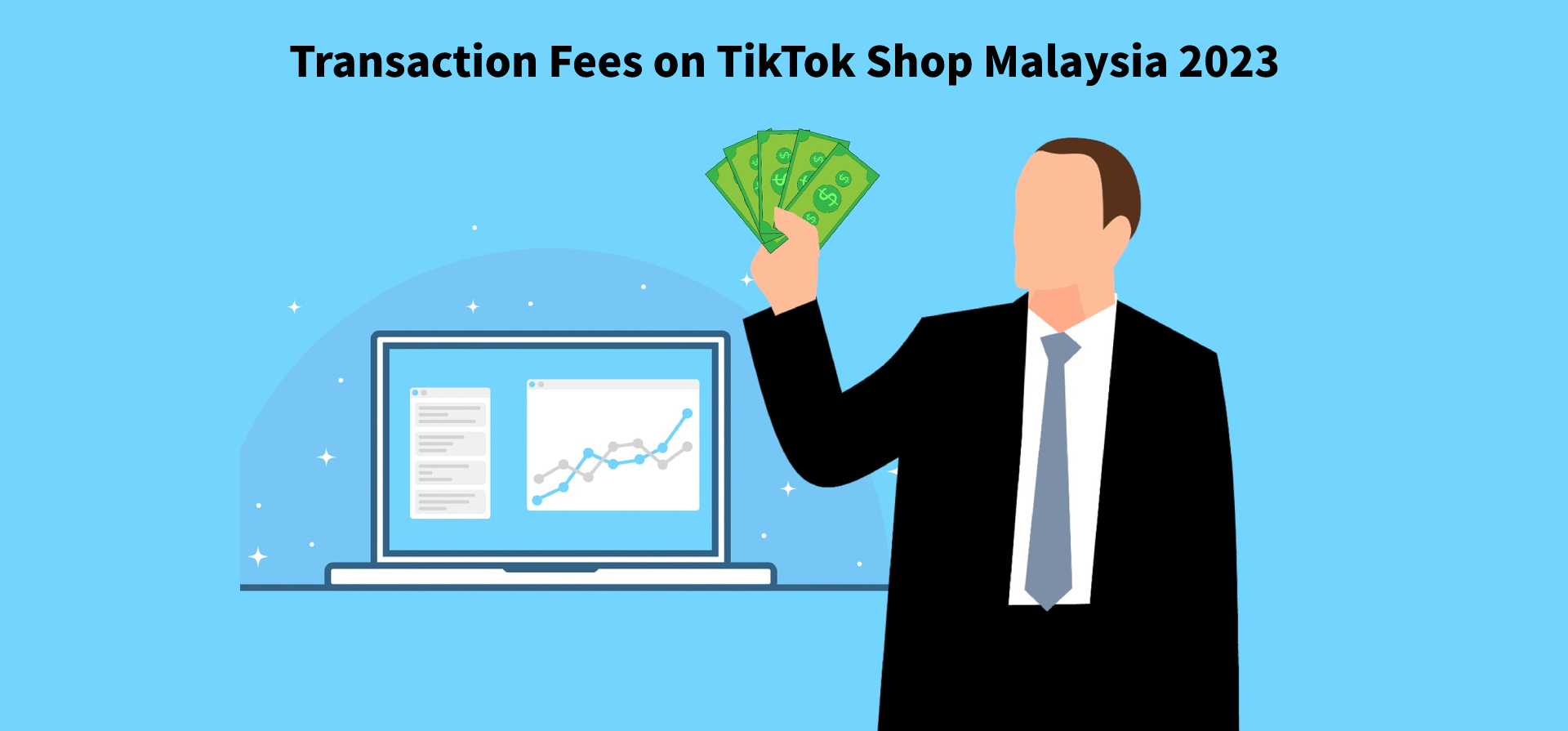Blog > Marketplace News > Indonesia's strictest warehouse inspection in history: hundreds of millions of dollars of illegal imports exposed
Indonesia's strictest warehouse inspection in history: hundreds of millions of dollars of illegal imports exposed
Jayson 23 Jul 2024 11:01ENSalin Tautan & Judul
Recently, the Indonesian Ministry of Trade (Kemendag) revealed a huge discrepancy between the import data and the actual number of illegal imports, which has triggered the government's high attention to illegal imports.

The latest news is that the Ministry of Trade has worked closely with the police and the Minister of Justice and set up a special task force today (July 19) to launch an operation. As of press time, there are reports that the police have conducted surprise inspections on warehouses in the Kosambi area. The Minister of Trade pointed out that although the Ministry of Trade has an internal team dedicated to dealing with illegal imports, it lacks enforcement capabilities, so the establishment of a special task force will greatly enhance enforcement against illegal importers.
The Ministry of Trade pointed out that there are seven major commodities with significant discrepancies between import data and country of origin records, involving hundreds of millions of dollars. These commodities include textiles, clothing, ceramics, electronics, cosmetics, footwear and other textile products. According to official data received by the Ministry of Trade, the total value of country of origin records is US$360 million, while Indonesia only recorded US$116 million, indicating that a large number of undeclared or illegal goods have entered the market.

Starting this week (July 15), the Indonesian Ministry of Trade joined forces with Bareskim (Commercial Supervision Bureau), BPOM (Food and Drug Administration) and Haki (Intellectual Property Office) to form a joint working group to strengthen the supervision of warehouses and stores with potential violation risks.
The inspection is expected to last for one month, with the first week being the most stringent. Sellers and warehouses need to take this inspection seriously. It is understood that the working group has begun preparations and has several cases to be investigated, initially focusing on the textile category, but the scope of the investigation is far more than the above 7 types, and it is expected to cover a wider range of goods.

Industry insiders analyzed that this major inspection is the most enforced, wide-ranging and most severe one in the past two years, mainly targeting sellers and warehouses that sell illegal and uncertified goods.

The latest news is that the Ministry of Trade has worked closely with the police and the Minister of Justice and set up a special task force today (July 19) to launch an operation. As of press time, there are reports that the police have conducted surprise inspections on warehouses in the Kosambi area. The Minister of Trade pointed out that although the Ministry of Trade has an internal team dedicated to dealing with illegal imports, it lacks enforcement capabilities, so the establishment of a special task force will greatly enhance enforcement against illegal importers.
The Ministry of Trade pointed out that there are seven major commodities with significant discrepancies between import data and country of origin records, involving hundreds of millions of dollars. These commodities include textiles, clothing, ceramics, electronics, cosmetics, footwear and other textile products. According to official data received by the Ministry of Trade, the total value of country of origin records is US$360 million, while Indonesia only recorded US$116 million, indicating that a large number of undeclared or illegal goods have entered the market.

Starting this week (July 15), the Indonesian Ministry of Trade joined forces with Bareskim (Commercial Supervision Bureau), BPOM (Food and Drug Administration) and Haki (Intellectual Property Office) to form a joint working group to strengthen the supervision of warehouses and stores with potential violation risks.
The inspection is expected to last for one month, with the first week being the most stringent. Sellers and warehouses need to take this inspection seriously. It is understood that the working group has begun preparations and has several cases to be investigated, initially focusing on the textile category, but the scope of the investigation is far more than the above 7 types, and it is expected to cover a wider range of goods.

Industry insiders analyzed that this major inspection is the most enforced, wide-ranging and most severe one in the past two years, mainly targeting sellers and warehouses that sell illegal and uncertified goods.

